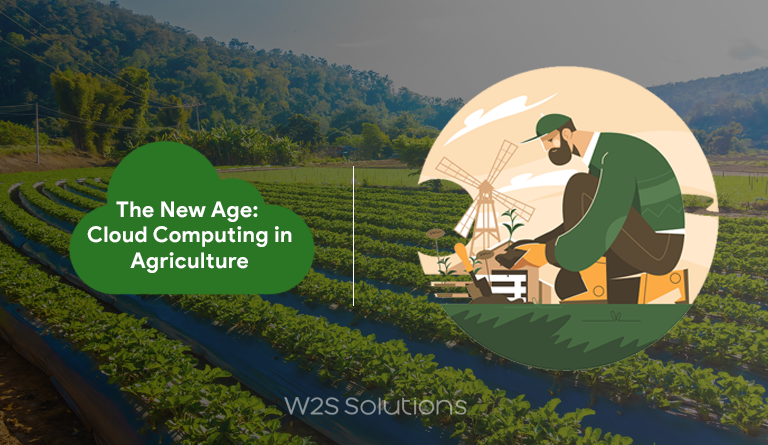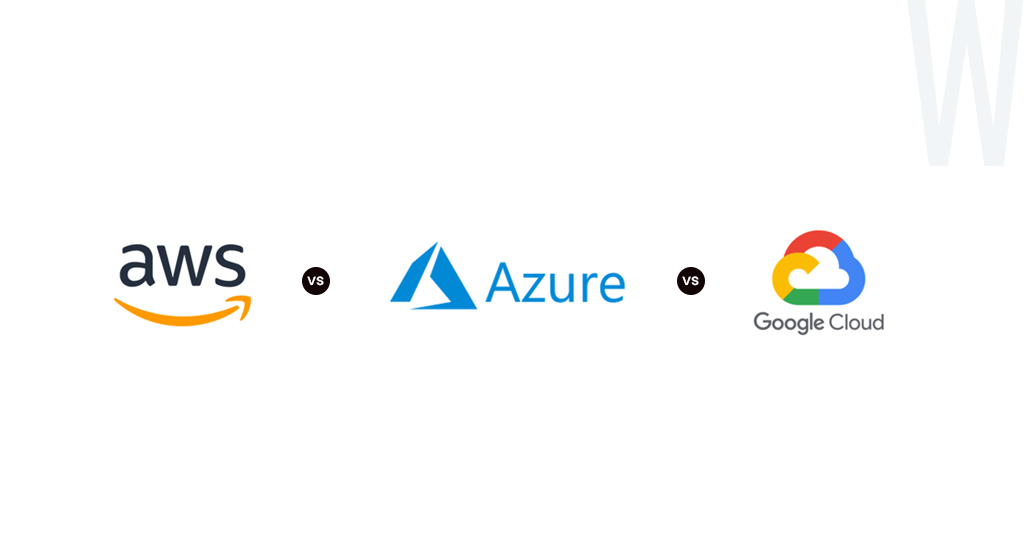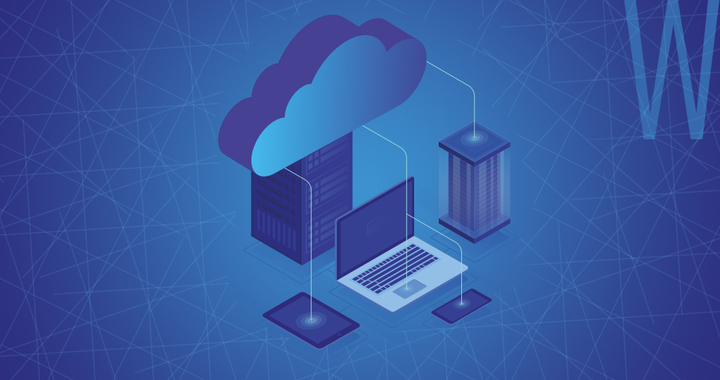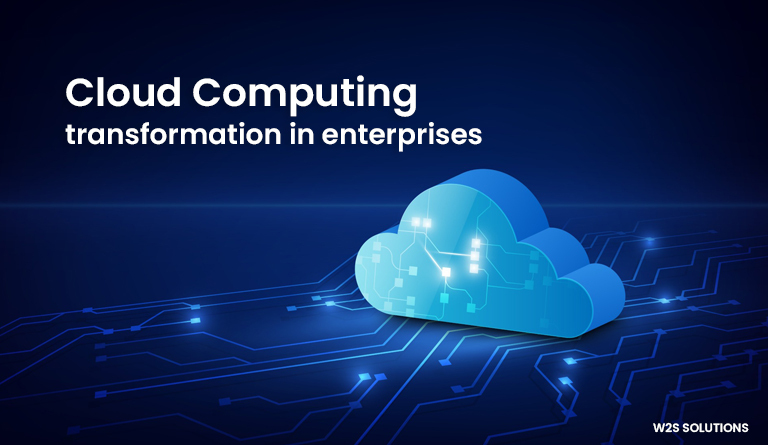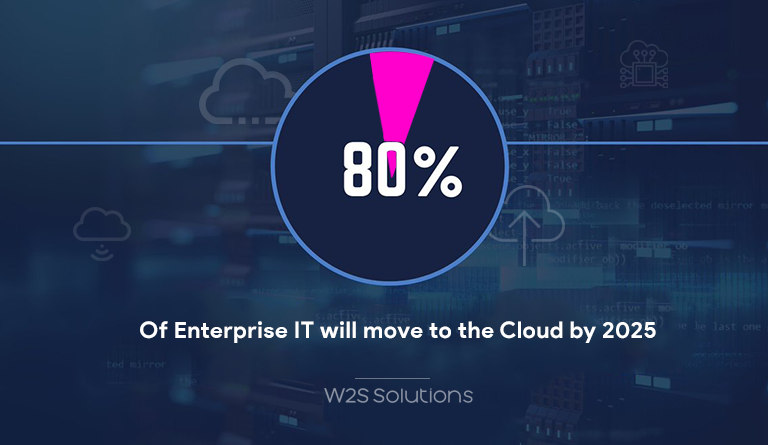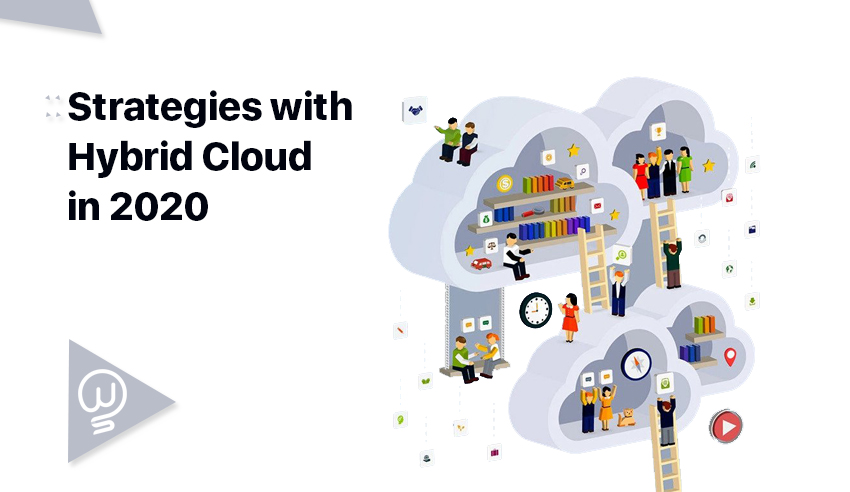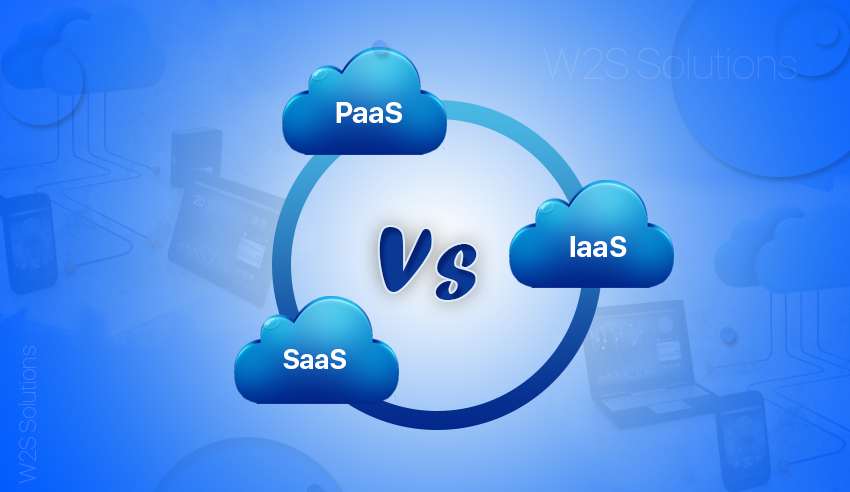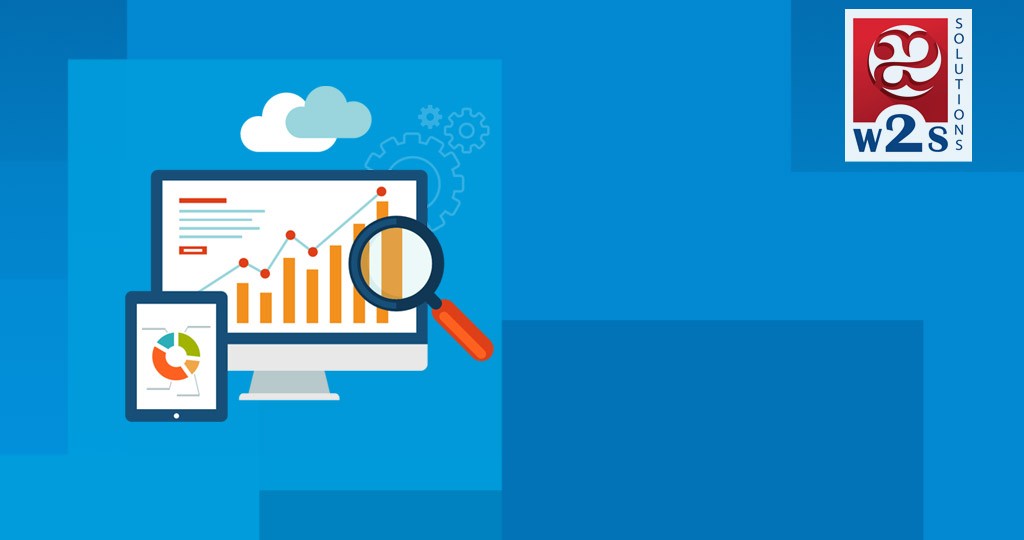Agriculture, one of the primary occupations known to man, has been stuck with traditional methods and ideas for the longest time. But, the season of change is here, and it’s time for agriculture to embrace the latest technological innovations sweeping varied sectors around the world. And, one of the foremost changes we are about to see is cloud adoption in agriculture.
Now, you might be wondering, what does the cloud tech and the agricultural sector have in common for them to go hand in hand? The truth is that they have more things in common than what has been explored so far.
Cloud computing in agriculture offers multiple avenues for the sector to prosper and grow. Right from Agriculture App Development that offers crop information to monitoring and comparing yearly growth patterns, the new-age cloud tech can change the face of agriculture in more ways than one. It not only has the potential to enhance productivity but also has the ability to make farming more efficient and easier for the cultivators.
With that being said, here’s taking a look at the impact of the modern era of cloud computing in agriculture sector to get a clear picture of the matter.
A glimpse into the new era of cloud computing
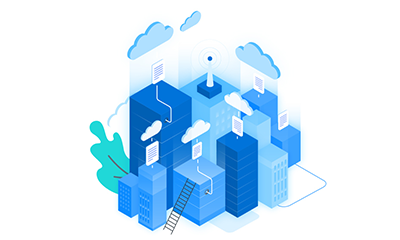
The new age of cloud computing represents an information tech paradigm that enables users to gain access to shared pools of customizable system resources through the internet. Sharing of the features of cloud in agriculture enables economies of scale and coherence, which make it function like a public utility. The service providers can quickly enable cloud adoption in agriculture, with little to no managerial effort.
When business organizations outsource their IT infrastructure and management to a cloud service provider, it lets the company focus on the core areas of their business, instead of the need to invest in additional computer infrastructure. In fact, cloud computing in agriculture also runs along similar lines.
As the cloud computing enterprises are experts in their sector, the work is better managed and gets completed faster. They are also more adaptable towards meeting unpredictable and fluctuating demand. Cloud service providers usually work on a pay-as-you-use basis.
Read Also – The Reality of Modern Farming Will Surprise You
Leaving that aside, the users can also choose options like IAAS (Infrastructure as a service), PAAS (Platform as a service), and SAAS (Software as a service). In today’s times, IAAS is the one that is the most commonly used by businesses because it aids organizations in dealing with infrastructural costs. Agriculture App Development also takes these options into account.
Amazon was the first company to come out with a cloud computing product called the Elastic Compute Cloud. This was way back in the year 2006, and the features of cloud in agriculture available now give a clear indication that the technology has come a long way. Though it took quite some time for the potential clients to adopt this technology, it started picking up after it was tested. And, once it started spreading in this sector, there was no stopping it.
At present, the cloud has almost become a metaphor for the internet. The standard cloud-shape has long been used for denoting the networks of telephony schematics. So, in the new age, cloud computing is a crucial application in the wide group of ICT (Information Communication Technologies).
Read Also- How the Sustainable Development Goals will be addressed with an Agricultural Data Tool?
The application of cloud computing in agriculture
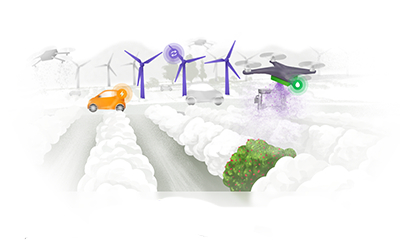
The role of cloud computing extends way beyond Agriculture App Development. It can be of immense help to users in real-time data access, computation, and storage. The best part is that the users do not need to worry or know about the configuration and physical location of the systems that deliver the service.
On that note, here’s outlining some of the uses and features of cloud in agriculture:
Capturing crop information
It is able to capture all the information related to crops grown in recent years. Thus, cloud adoption in agriculture can help the farmers decide on what they should grow next on particular farmland. Cloud technology can be used to store regional weather data and weather forecasts for a particular duration. Even this is crucial in helping farmers make sound decisions about crops.
Gathering soil information
Agriculture App Development also focuses on collecting soil information. Apart from data about soil profile, it also provides an idea of the soil trends in the past, which is instrumental in predicting future trends. For instance, is the soil getting acidic, or what are the other noticeable changes in soil composition?
Capturing cultivators’ data
Authorities can capture, monitor, and study the activities and involvement of the local cultivators. This is one of the features of cloud in agriculture that helps in the identification of the core agricultural areas that are useful for policymakers trying to frame the strategies.
Availability of expert consultation
Agriculture App Development has ensured that solutions are readily available for common problems frequently faced by the farmers. In fact, some apps also help them in getting experts’ opinions on specific problems, within a short time.
Offering eCommerce access
Farmers are usually unable to bring their produce to the market directly. The middlemen come up in between them and the retail, which ultimately leads to the exploitation of the cultivators. Using the cloud technologies, farmers can now bring their produce directly to the retailers or end-users.
Effective information sharing
Scientists involved in agricultural research can use the cloud to directly share their suggestions and discoveries related to using modern techniques for cultivation and fertilizer usage.
Read Also – Impact analysis of Covid-19 on Cloud Application Market
The challenges to cloud adoption in the agricultural sector

Despite the long list of helpful applications, cloud adoption in agriculture can run into bottlenecks because of multiple reasons. Firstly, cloud services are free from political boundaries, which means that different cyber laws from various countries can cause problems.
Other challenges also exist in the form of security of services and data, though this can be tackled by choosing a reputed cloud service provider in the market.
A prerequisite for making the best use of cloud computing abilities is the high-speed internet connection. A slow-running internet or when the cloud servers are backed up for the moment, the instant access to cloud functionalities might not be possible.
The position of countries in agricultural cloud adoption

Though the spread of cloud computing in agriculture took some time to catch on, Japan has emerged as the leader in cloud migration, even in this sector. Japan is closely followed by China and the U.S.A. The good news is that even parts of Eastern Africa have tapped into cloud capabilities, though the practice is yet to take off completely.
Among the Asian countries, Korea is in the eighth position, Singapore at the tenth, Malaysia at the thirteenth, and India in the nineteenth. A surprising entry to the list is Bhutan, which is a country that has been pretty late in joining the cloud party. However, at present, it has adopted features of cloud in agriculture and other important sectors.
Read Also – Agri Data Collection Tool – Use Case
Endnote
The agriculture industry is becoming increasingly reliant on data, and the growing rate of cloud adoption in agriculture is clear evidence of that. As enormous amounts of crucial agricultural data is stored in the clouds, it becomes easier to process the data and take timely actions to address problems before they turn detrimental to productivity.
